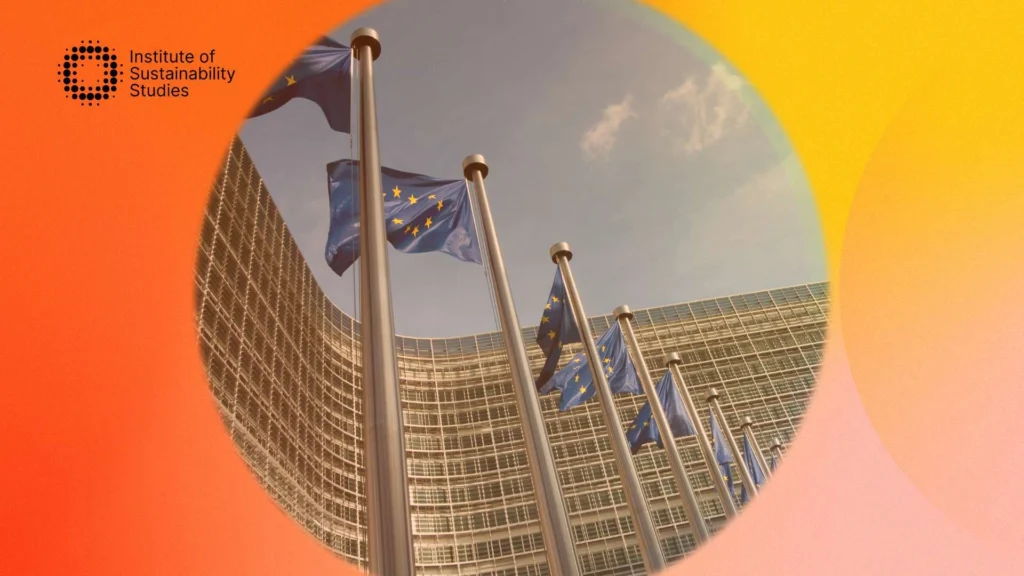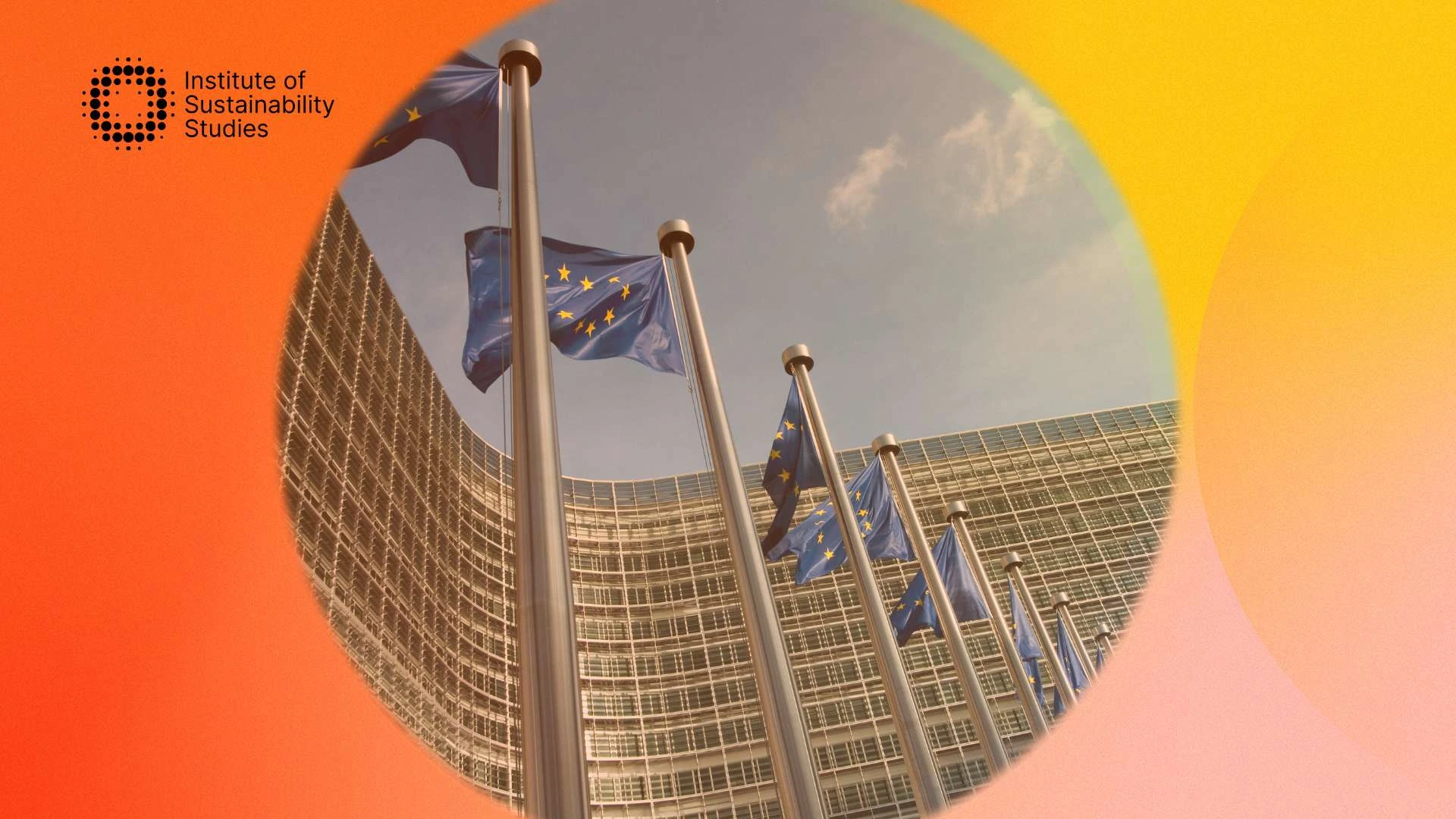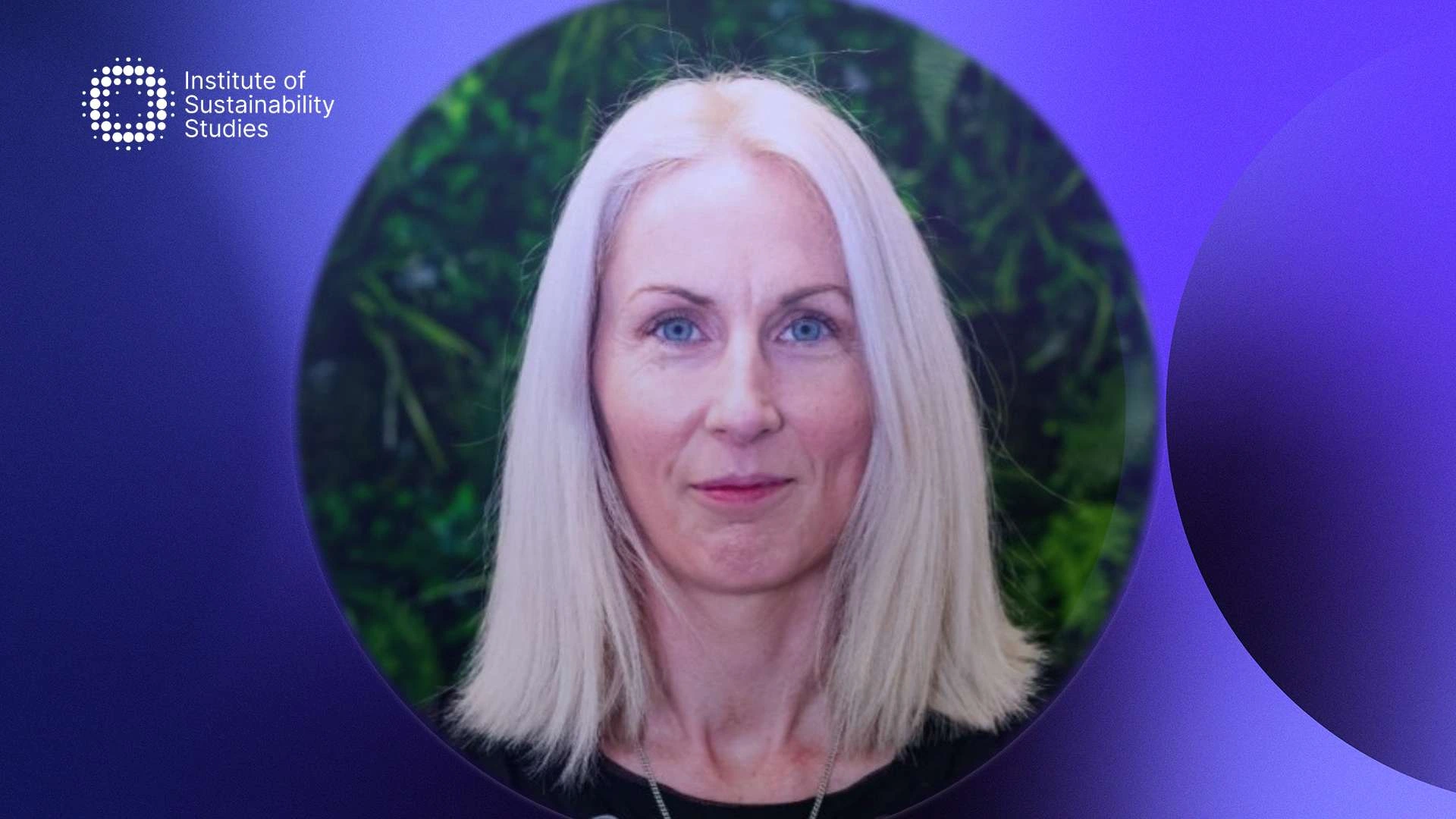European SMEs are entering a new phase of ESG accountability, driven by regulation but also rising expectations from investors, banks, and supply chain partners. In response, the European Commission has adopted the new Voluntary Sustainability Reporting Standard for SMEs (VSME). Developed by the European Financial Reporting Advisory Group (EFRAG), this standard offers a simplified yet structured way for SMEs to disclose ESG information in line with changing sustainability reporting frameworks.
The VSME offers companies a timely way to strengthen business sustainability strategies while boosting access to finance and stakeholder trust. It was designed to support businesses not covered by the EU Corporate Sustainability Reporting Directive (CSRD). However, its significance has grown following the Omnibus I initiative, which proposes exempting around 80 percent of companies from the CSRD. Therefore, this shift means the VSME could soon become the default reporting framework for most SMEs across the EU.
Build ESG credibility and business resilience with flexible, bespoke sustainability training
The rising pressure from the value chain
Although many SMEs may fall outside the formal scope of the EU sustainability reporting standards, they remain exposed to indirect ESG pressures. Large companies, investors, and financial institutions (all subject to CSRD) are increasingly demanding sustainability reporting from their suppliers. This makes consistent, credible ESG data a commercial necessity for SMEs seeking to retain contracts or secure investment.
The VSME provides a two-tiered approach:
- Basic Module (11 disclosures): Covers essential indicators such as Scope 1 and 2 emissions, anti-corruption policies, and workforce diversity.
- Comprehensive Module (9 additional disclosures): Includes climate targets, ESG strategies, and transition plans often requested by banks and investors.
This modular format enables SMEs to scale their sustainability reporting efforts based on capacity and business needs, while aligning with the broader European Sustainability Reporting Standards (ESRS).
Omnibus shift: Less regulation, not less expectation
The Commission’s Omnibus I package, released in early 2025, proposes increasing the employee threshold for CSRD from 250 to 1,000. If implemented, this would dramatically reduce the number of companies legally required to follow the corporate sustainability reporting rules. In saying that, it would not lessen market demand for transparency.
To manage this balance, the VSME may serve as a value chain cap, limiting the level of detail that larger companies can request from SMEs. It will also provide a foundation for voluntary sustainability reporting requirements that allow smaller businesses to engage without the compliance burden of full CSRD alignment. In effect, while the EU sustainability reporting standards may become less mandatory for SMEs, they are increasingly relevant as a benchmark for doing business.
Conclusion
The VSME represents more than a new sustainability reporting tool; it signals a broader shift in what it means to be a credible business in today’s economy. As sustainability expectations evolve beyond regulation, the ability to produce meaningful, comparable ESG data is fast becoming a baseline capability – one that influences access to capital, customer trust, and long-term viability. For SMEs, the message is clear: sustainability reporting is no longer a question of if, but how well. Those that build internal understanding now, through frameworks like the VSME, will meet stakeholder demands but also shape the standards by which tomorrow’s businesses are measured.
Dedicated to harnessing the power of storytelling to raise awareness, demystify, and drive behavioural change, Bronagh works as the Communications & Content Manager at the Institute of Sustainability Studies. Alongside her work with ISS, Bronagh contributes articles to several news media publications on sustainability and mental health.
- Bronagh Loughlinhttps://instituteofsustainabilitystudies.com/insights/author/bronagh/
- Bronagh Loughlinhttps://instituteofsustainabilitystudies.com/insights/author/bronagh/
- Bronagh Loughlinhttps://instituteofsustainabilitystudies.com/insights/author/bronagh/
- Bronagh Loughlinhttps://instituteofsustainabilitystudies.com/insights/author/bronagh/









